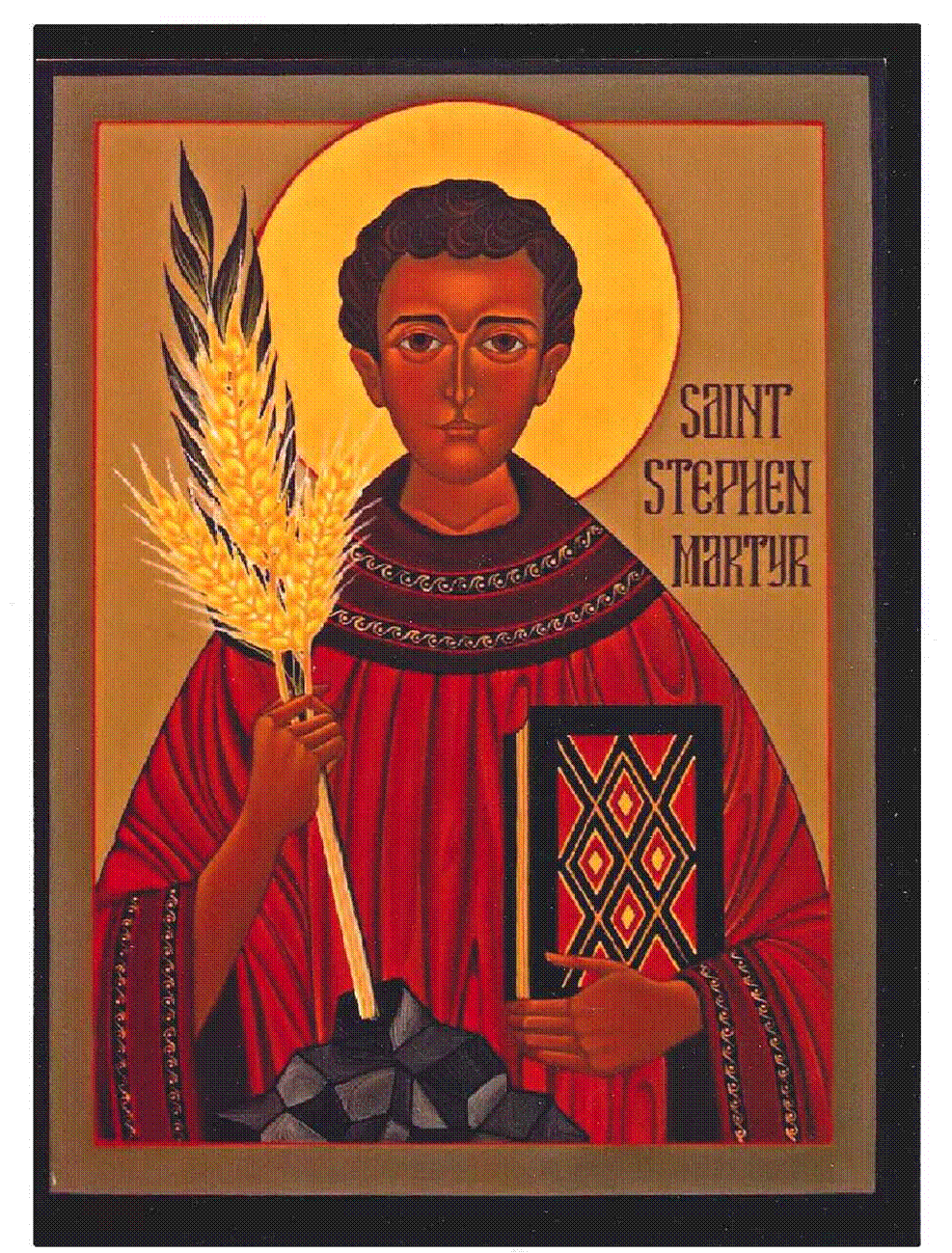On the First Day...
- Aug 16, 2017
- 2 min read

The death of Jan Hus as a heretic laid the first, violent, foundation stones for the Reformation.
It was 1415, 102 years before Martin Luther nailed the 95 Theses to the church door in Wittenberg.
During the late 1300s, early 1400s, the reform movement was centered around John Wycliffe and Jan Hus. Bohemia (now part of the Czech Republic) became a center for both of these movements.
The Wycliffe followers wanted to strip everything that was not totally scriptural in nature: the church hierarchy, the wealth of the church, veneration of the saints, fasts, superfluous holidays, oaths, intercession for the dead, indulgences.
The Hussites wanted reform for the church, but not the radical change wanted by the Wycliffes. They were willing to leave the church hierarchy intact and liturgical order untouched.
In Bohemia these two groups presented a division of city and country. The Hussites were centered at the university, the Wycliffes in the country.
Much of Europe was under the rule of the Holy Roman Emperor. In this case, the presumed successor to that role was King Wenceslas. His protection of Hus was one factor in his ultimate downfall.
It was also a time of societal upheaval through Europe. There were growing revolts throughout Europe of peasants against patricians.
There was a growing middle class of independent merchants.
The monarchies of the nations of the Holy Roman Empire were closely tied together through marriage. But the ruler of Germany was determined by electors, not through heredity. And there was a growing sense that people belonged to a specific nation, spoke a national language, had national customs. The world was becoming bigger.
Jan Hus's death as a heretic in 1415 brought on the Hussite Wars in Bohemia. The Hussite Wars included decades of battling the troops of the Roman Catholic Church, the two reform movements fighting each other, attacks on Bohemia and the Hussites by foreign enemies, and attacks by Hussite troops on foreign neighbors.
A peace agreement with the Church in Rome was finally reached in 1433 saying:
Communion could be given in both kinds (bread and wine) to all who desired it, with the understanding that Christ was wholly present in both elements
free preaching was granted, though the Catholic church had the power to approve and place priests
the power of the bishop must be considered
It was a brief peace. There continued to be fighting between the extreme and moderate reform groups.
In 1492 the Roman Church declared the agreement to be null and void. The new king of Bohemia was a strong supporter of the Roman Church.
It was not until 1512 that the equal rights were permanently established for both religions.
Martin Luther was hot on their heels.
- Ann Warner
































Comments